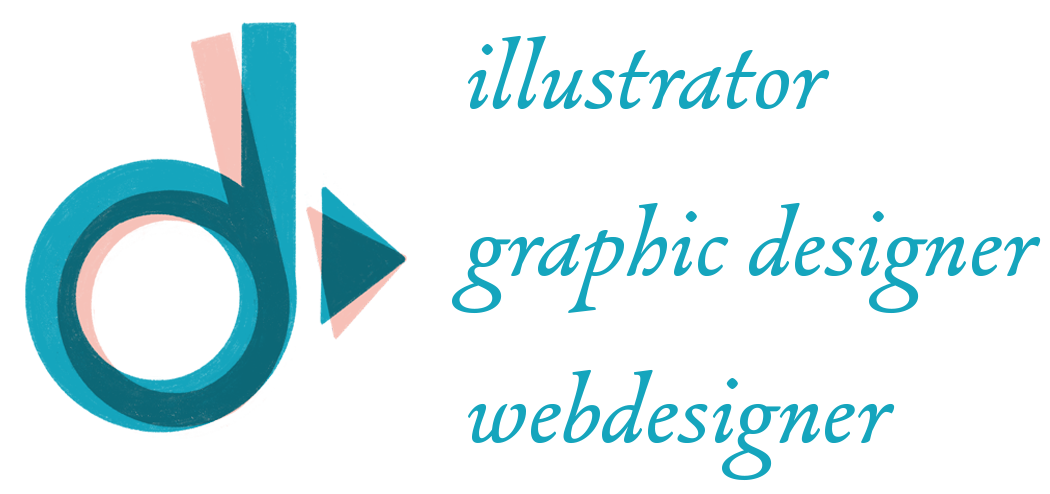“When you order today, you get this book/calendar/package for free!”
Ooh! You think, that’s interesting. Free is always good, right? You enthusiastically press the order button, which leads you into a loop of information and questions. You keep going, you struggle through all the information because you want that free book you are interested in. Finally, there is the light at the end of the funnel…..the order button! However, before you click order, ‘free’ suddenly changes to ten dollars. Searching for ‘The Small Print’ you will see that you have to pay ‘only for the shipping costs’. A huge disillusionment overwhelms you because you have wasted at least ten minutes of your precious time on something that was apparently not free at all. Your e-mail address is then already in their system, so you are now bombarded daily with e-mails about why you have not yet placed the order. Annoying, right?
These kinds of traps are starting to annoy me more every day. Not because I can’t afford to miss those ten dollars. If I really want something, I am happy to pay for it. What irritates me is the free bait. Free is a dangerous word, because free is never really free. People always want something in return; your data, your recommendation, or the purchase of something larger, such as a course in the case of a book.
With the word ‘free’ or cheap, the feeling also immediately overwhelms us, ‘oh if it’s that cheap then it must be bad’. What if an iPhone does not cost 1500 dollars, but you can buy it at Walmart for 9.95 just before checkout? Of course without knowing that it was 1500 dollars. Exactly the same iPhone but with a different value. Would you still like to have it? Subconsciously you get a different feeling of this phone being less special and the urge to buy it is not that high anymore.
I noticed this way of thinking very clearly when I started working for American companies. I used the same value for my products as I did in the Netherlands, but suddenly I got very strange reactions. Conversations were cut short, offers fell through. I didn’t understand what that was about. Until another entrepreneur explained to me that when something is too cheap in this country, people think you’re a start-up and don’t know what you’re doing. The product or service I was offering was, in their eyes, undervalued so automatically they concluded it must be of poor quality, even though they had seen my portfolio which they were very excited about, and had read the recommendations from my clients.
Determining a price is always difficult. I still read the same question every day in the self-employed groups whether the quote they made is not too high or too low. I have stopped looking at what the market wants to hear. I determine my price based on the hours I work and the quality I deliver. I am always crystal clear in my communication. You know exactly what you get for that amount plus a good dose of service because, in the end, service with a smile is priceless.
Do you want to know more about my work or how I can help you? Send me a message and I will be happy to discuss the possibilities with you. (And that conversation is really completely free without Small Print)
